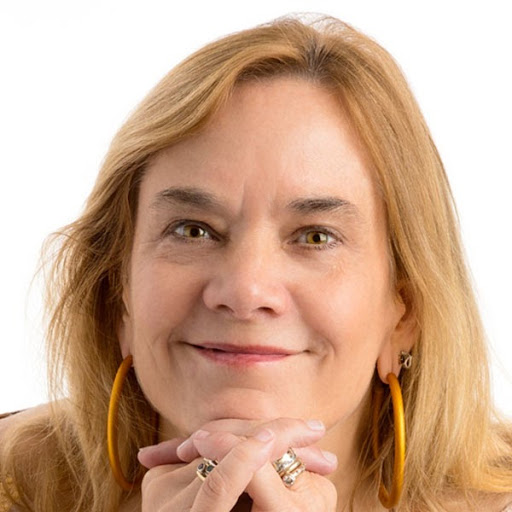Education (advanced degrees):
- PhD, Western Institute of Social Research
- MPH, Columbia University

Licenses/Certifications:
- LPC, Licensed Professional Counselor
- New Mexico license #LPC.0002918
- NCC, National Certified Counselor
National Board for Certified Counselors license #64933 - MT, Massage Therapist
Colorado license #MT.0014070 - BC-DMT, Board Certified Dance/Movement Therapist, American Dance Therapy Association
Professional affiliations (past and present):
- International Society for the Study of Trauma and Dissociation (ISSTD) Ritual Abuse/Mind Control/Organized Abuse SIG
- Torture Abolition and Survivors Support Coalition International
- Continuum Teachers Association
- Rocky Mountain Survivors Center
- Colorado Center for Social Trauma
- Trauma Studies Program, New York University
- Southwestern College
Why Amber Elizabeth Gray is on our radar
- She is preoccupied with the notion of ritual abuse and buys into the notion that it is producing a population of dissociated people, including those programmed by mind control experts to create DID. (interview if nothing else)
- Practices craniosacral therapy, a form of quackery.
- She endorses polyvagal theory, a hypothesis about the evolved structure of the vagus nerve that has no supporting empirical evidence. Part of this theory posits that this structure mediates stress or trauma-induced bradycardia, a phenomenon whose existence is similarly without evidence.
- Is critical of the privileged place that mainstream medicine has in our culture, suggesting that this privilege is unearned.
- She is deeply into the notion of embodied trauma and associated Somatic Therapy modalities: Continuum fluid somatic therapy, dance movement therapy, massage therapy, etc. Taken metaphorically, these might not raise alarm. But when taken together with belief in energy fields in the body and extreme attitudes like the one below, they suggest a strongly pseudoscientific view of mental health. Together with her willingness to operate outside of evidence-based practices, we feel that she represents a potential danger to her clients.
In her own words
- On healing trauma in the body: “Physiological state shifts are necessary to create the spaciousness for psychological emotional mental spiritual state shifts. We cannot shift the way we feel, perceive, move, or think if we don't experience a physiological state shift.”
- On constraints on her role as a therapist: “As a therapist there’s often that caution and there’s that tendency, and I do it myself, to think ‘well, this is my role, this is my limits, and…’ and more and more I’m like ‘Who says? Who says?’”
